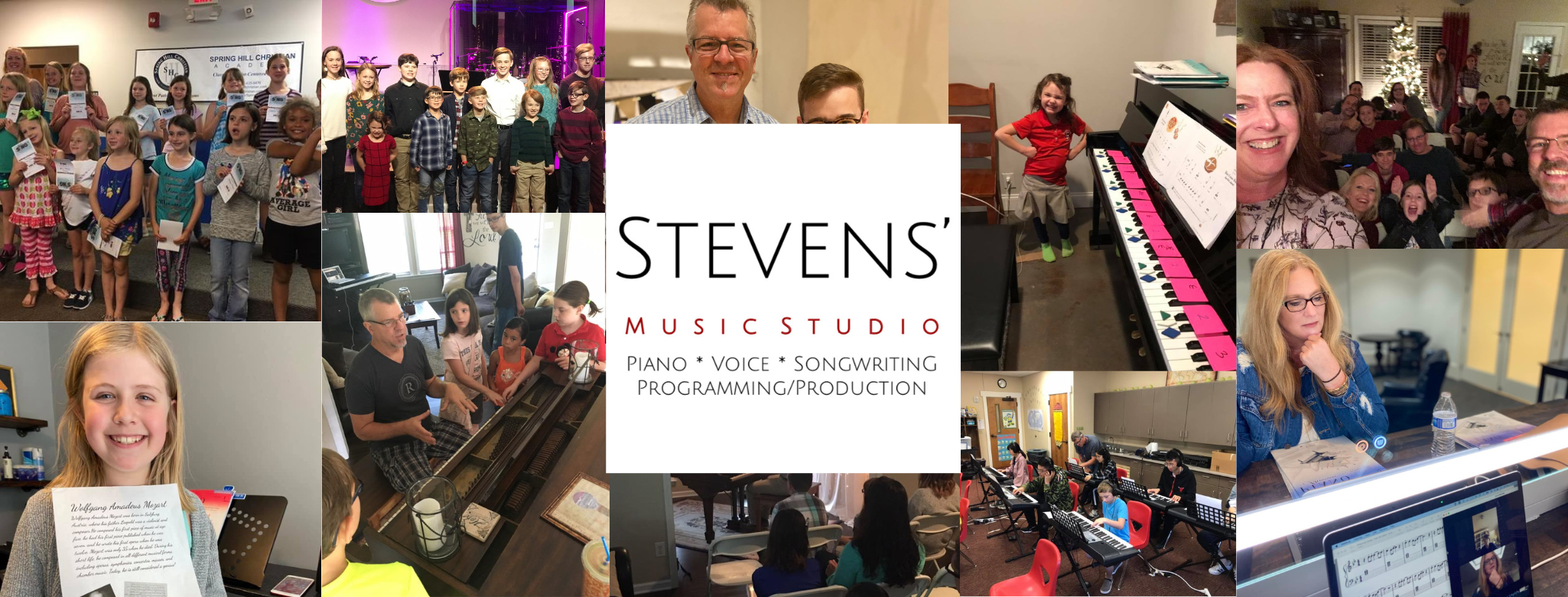
To Be or Not To Be
Tuesday, March 8, 2016 by Alison Stevens | lessons
To 'Be' or Not To Be
Whether you're just starting out or have been taking lessons for a while, here are a few tips to help make your child's piano lesson experience the best it can 'Be'.
Be Organized.
Making lessons and practice times calm instead of chaotic has an affect on your child’s like or dislike of lessons. Knowing where the books are, what the assignments are, etc. helps start everything off on the right foot. A few simple suggestions:
- Purchase a 3 ring binder with 8 ½ x 11 paper and dividers. Make three sections in your students binder: assignments, theory handouts, music.
- Put everything in one place. A simple tote bag or dedicated backpack for all things music is a great way to keep everything organized, accessible and easily transportable.
Be Consistent.
It’s important that your child’s musical experience become a part of their life, not an intrusion into it.
- Practice. Try to find a practice time that works on a consistent basis. Suggestions would be before school, after school as a part of homework, right after dinner, etc. Make it a part of your daily routine, rather than trying to fit it in as an afterthought.
- Lessons. Time with the teacher on a regular basis is an important part of the learning process and overall experience. Being consistently on time and consistent with attendance communicates the value you put on the experience to your student.
Be Involved.
Studies show that students whose parents are involved in their studies generally do better and excel further. You can involve yourself by:
- Helping your child stay on task during practice.
- Exposing your child to other music and arts related experiences. Plays, musicals, community concerts, other friends recitals - all of these are opportunities to inspire, encourage and give you and your child a chance to experience the arts together.
- Keep an open line of communication with us. Ask us about your child’s progress from time to time, let us know how practice times are going, what frustrations happen and how you might help at home.
Be Encouraging.
Positive parental encouragement is another major player in your child’s musical experience. Even if you’re not musical yourself, you can:
- Compliment your child after a good practice or lesson time
- Encourage them when they are struggling with a certain piece or exercise
- Make accomplishments or recitals a special family event.


